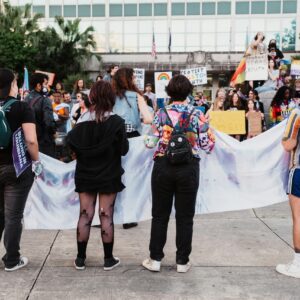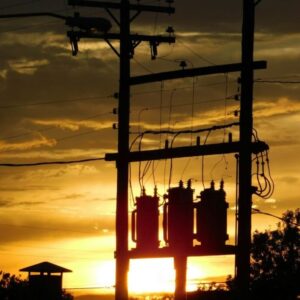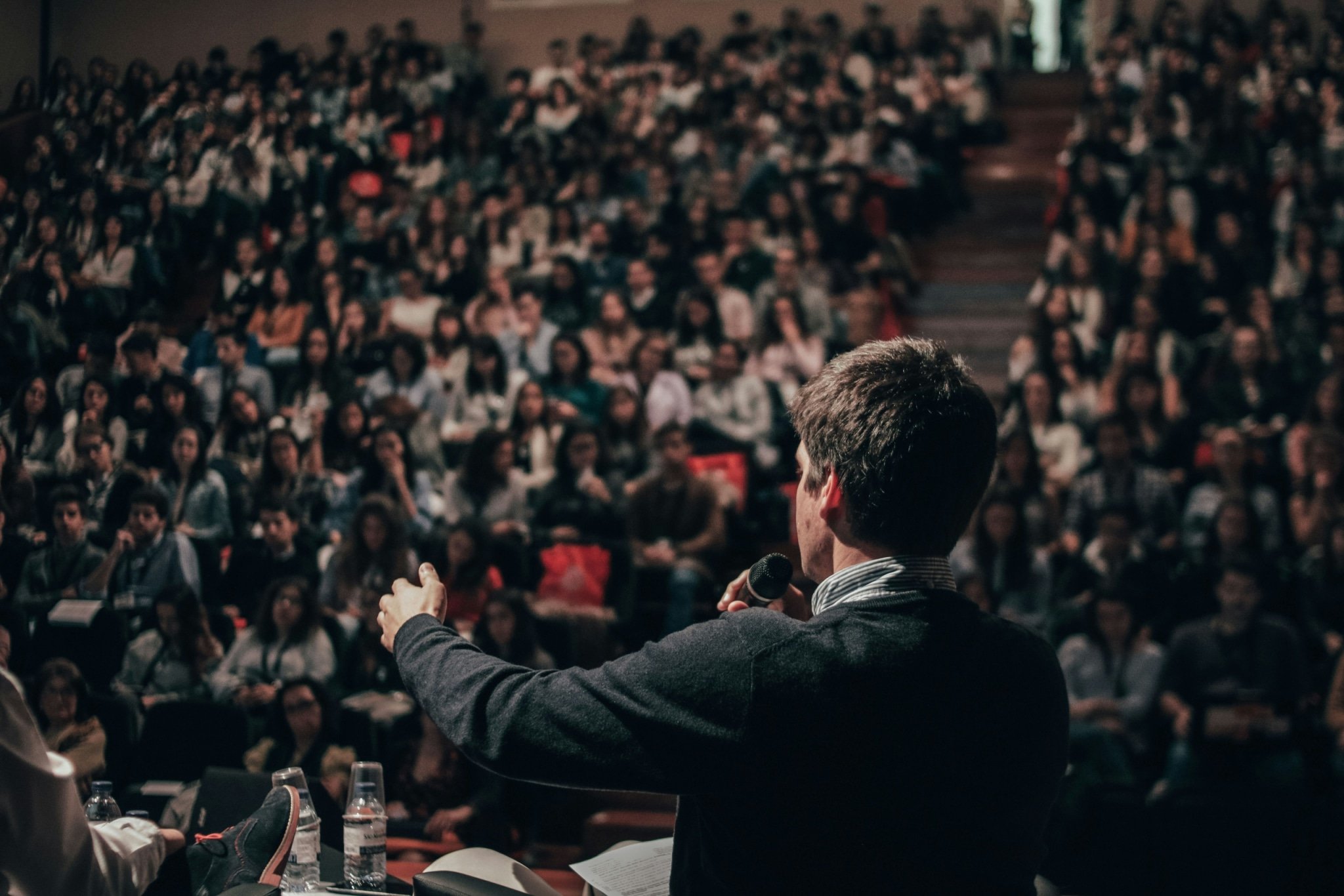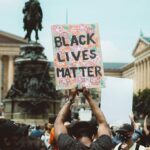
What will it take to decolonize wealth?
In 2018, a bestselling book by Edgar Villanueva helped popularize the concept of decolonizing wealth, especially in philanthropy. Villanueva’s book, titled Decolonizing Wealth: Indigenous Wisdom to Heal Divides and Restore Balance is a cri de coeur that not only led to a second edition and sold over 60,000 copies, but also resulted in the launch of a new philanthropic effort, the Liberated Capital Fund, to help resource community groups and projects. To date, that fund has distributed over $23 million. Meanwhile, the associated Decolonizing Wealth Project seeks to build an alliance of philanthropic groups that collectively move resources to Black and Indigenous groups.
Given today’s backlash against diversity, equity, and inclusion, one might expect the movement to decolonize wealth to stall, but that’s hardly the case. In June 2025, for instance, Villaneuva announced what he called a $1 trillion moonshot that seeks to move a trillion dollars in resources to support reparative giving over the next decade.
The demand for big audacious goals like that, Villanueva says, comes directly from colleagues in philanthropy. “There is a new demand or request from the industry for some bold leadership and vision that could help be a beacon or shining light of hope to get through this time,” he noted in an interview with NPQ.
Given today’s backlash against diversity, equity, and inclusion, one might expect the movement to decolonize wealth to stall, but that is hardly the case.
Is such a shift achievable? The investment research firm Cerulli projects that due to intergenerational wealth transfers, between now and 2045 an estimated $11.9 trillion is likely to be donated to charity. A trillion-dollar shift in 10 years would be a tall order but is possible. Villanueva added that meeting this goal will likely require not only philanthropic giving, but “gaining resources that are held by corporations and governments.”
Motivating the call, Villanueva told NPQ, is the “need to get out of our mindset of moving small dollars to progressive groups….We’ve got to think at a large scale.”
An Accidental Philanthropic Organizer
At the time he wrote his book, Villanueva was a senior vice president at the Schott Foundation. Forming a new organization was not on the agenda. But as he traveled from conference keynote to keynote—Villaneuva estimates that he gave well over 100 public talks in 2019—he said he “was in the room every day with donors and funders who were really buying into this reparative philanthropy framework.”
“Folks began to ask me where to send money, [even saying] ‘Can you take this money? We trust you to deploy these resources.’” Villanueva reflected.
To date, an estimated 700 donors large and small have joined the Liberation Fund giving circle. As Villanueva explained, “Unlike a lot of communities, we don’t have thresholds around how much you have to give. It is a pretty open invitation for folks.”
For Villanueva, reparations are linked to a notion of social healing—that is, that “there are benefits for us all as a society when we right the wrongs of our past.”
“We have across the wealth spectrum folks who give $5 to $10 a month to folks who give a lot more.…It is a big diverse group of people.” This, he says, is a big benefit for the discussion programs that the Decolonizing Wealth Project runs, as the conversations are not just limited to wealthy people within philanthropy but rather can engage a much broader network of activists.
A Rising Movement for Reparations
A big focus of the Liberated Capital Fund has been supporting the movement for reparations. Villanueva says $12 million of the $23 million granted so far has gone to reparations. (Other projects supported by the Liberated Capital Fund include grants to Indigenous climate justice leaders and for culturally responsive youth mental health). In 2025, Villanueva estimates that the fund will distribute an additional $10 million.
The goal of reparations, he noted, is “to transform wealth into collective wellbeing.” For Villanueva, reparations are linked to a notion of social healing—that is, that “there are benefits for us all as a society when we right the wrongs of our past.”
Villanueva said that “in spite of a very difficult climate at the national level right now, we are seeing a lot of progress happening with some recent victories in many, many places.” This includes cities like Tulsa and Chicago as well as the states of California and New Jersey. There is also growing support of reparations within the philanthropic sector. Villanueva estimates that 80 foundations have invested in that movement.
Reparations, in Villanueva’s view, have three aspects. The two perhaps most obvious are economic compensation and land return. The third aspect “is just around wellbeing—what are the spiritual, physical, and mental repair that need to happen.”
The Value of a Spiritual Lens
One of the unique features of the approach that Villanueva and his colleagues have adopted is that while they certainly support policy change, their work is less focused directly on policy and more focused instead on spiritual transformation.
“This is the core of our work,” Villanueva emphasized. “It is what we do in consultation with foundations, with individuals, with donors. We have seen it to be highly impactful.”
The process follows seven steps, which he outlined in Decolonizing Wealth. These steps are:
- Grieve: We have to stop and feel the hurts we’ve endured.
- Apologize: We must apologize for the hurts we’ve caused.
- Listen: We must acknowledge the wisdom of those excluded and exploited by the system, who possess exactly the perspective and wisdom needed to fix it.
- Relate: We need space to share our whole selves with each other and understand we don’t have to agree in order to respect each other.
- Represent: We must build whole new decision-making tables, rather than setting token places at the colonial tables as an afterthought.
- Invest: We need to put ALL our money where our values are.
- Repair: We must use money to heal where people are hurting and stop more hurt from happening.
This spiritual approach is necessary to achieve transformative change and avoid backsliding.
As noted in the book: “These steps aren’t necessarily linear. Certain steps may need to be revisited, and the entire process may need to be repeated. In this way, it’s more of a circular or spiral process. Like any clever virus, the colonizer mindset keeps mutating and adapting, so in order to heal fully, we will need to be vigilant and get booster shots.”
In our interview, Villanueva elaborated, “There are steps to healing that can be applied to relationships between two people, with a country and a group, or any institution like a foundation or corporation can engage in these healing practices.”
“We are simply trying to ask questions around: Where did this money come from? Who was harmed in the process? What does repair look like?”
This, he added, is central to “what we call our reparative philanthropy framework, which is the idea that we should bring into account history, how wealth was accumulating on this land, the taking of land, the enslavement of Black people, those types of things, and move resources in ways that facilitate healing for everyone who is a part of that.”
Villanueva contends that this spiritual approach is necessary to achieve transformative change and avoid backsliding. Part of the challenge with DEI, he argued, is that “DEI can be focused on a lot of workshops and teaching folks by reading books, but without a transformative experience that brings [a sense of] ownership and some type of spiritual conviction…The belief and the practice is not moving to the heart level. And it is easy to move back to where things used to be.”
An Inside Strategy
According to Villanueva, change in philanthropy—and society more broadly—requires a mix of outside and inside strategies. The Decolonizing Wealth Project is clearly on an inside lane.
“Our work has been predominately insider work and trusting the assumptions that if we give people spiritual transformative spaces and opportunities that will shift their worldview, and that will shift their philanthropic practice,” Villanueva said. “Our approach has been mostly as an insider institution given the deep relationships and experiences we have in the field.”
Villanueva says he sees a lot of success—the organization claims that in addition to the $23 million it has distributed directly, it has influenced the distribution of $1 billion.
But he acknowledges that philanthropy needs to be pushed from the outside as well. “Do we also believe that we need external pressures to push the field, to hold us accountable? Yes. We have signed on to various campaigns led by folks looking at increasing minimum payout, holding philanthropy accountable,” he noted.
Why focus on philanthropy? In Villanueva’s view, philanthropy “is an easy place to start…because this is money that is already set aside for charitable purposes.” In other words, because philanthropy is based on money that is already voluntarily given away, there is a better chance to direct those funds to reparations than money that has not been voluntarily given away.
Villaneuva acknowledged that “there is a lot more money outside of philanthropy. We want to influence there as well.” He adds that some of the work the fund is supporting, such as the state- and city-based reparations campaigns, are one means to do this.
Still, changing giving patterns within philanthropy remains the group’s primary focus. As Villanueva observed, “If we can’t shift wealth within philanthropy, it is going to be really hard to shift wealth in other places.”














